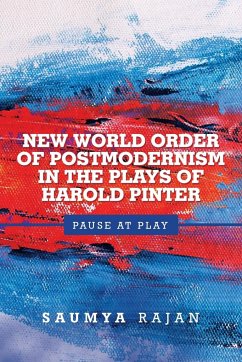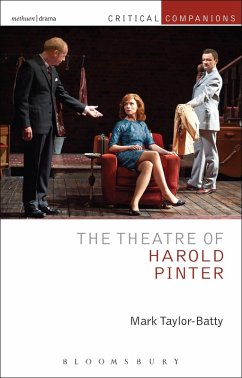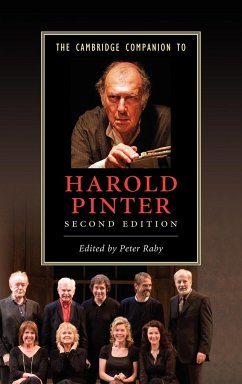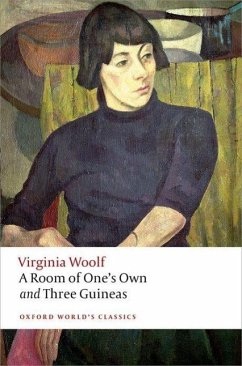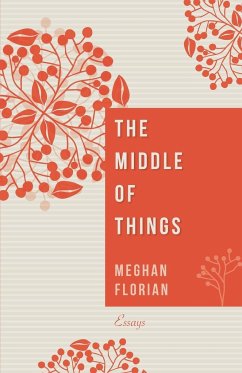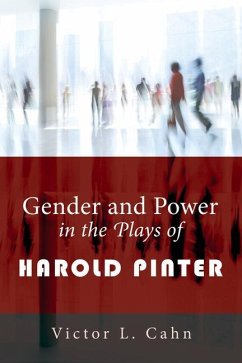
Gender and Power in the Plays of Harold Pinter

PAYBACK Punkte
9 °P sammeln!
During the past century, artists have been preoccupied with the search for meaning in a fragmented world. In this book Victor L. Cahn suggests that the plays of Harold Pinter dramatize how such a search leads characters to try to establish security through control of territory and people. The resulting conflict often manifests itself in a gender battle, in which men dominate the physical arena and women the emotional. The innate tension between the sexes is both comic and unnerving, but also reflects humanity's eternal quest for meaning and identity.






